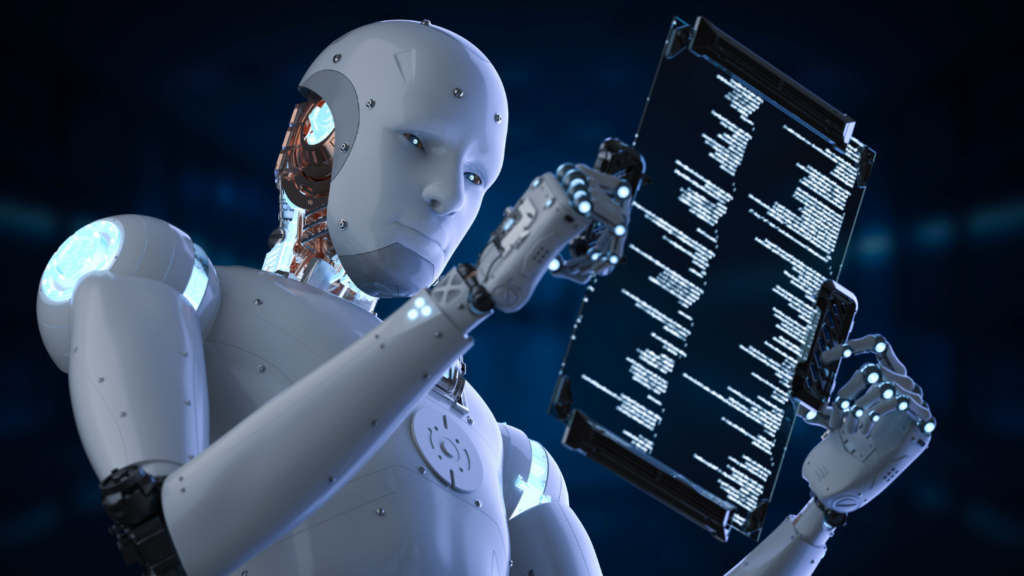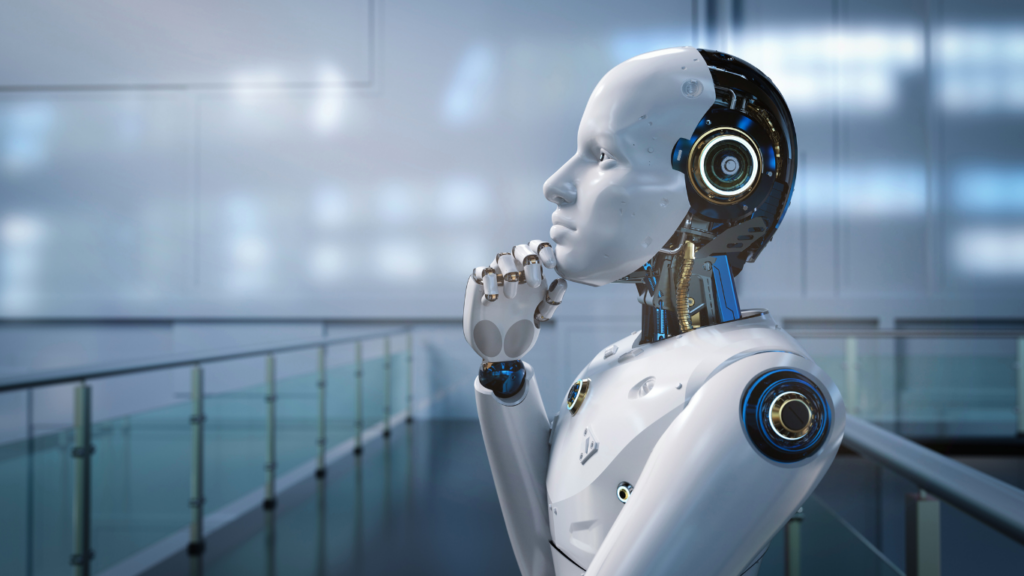The Rise Of AI In Gambling Games
AI reshapes gambling games by revolutionizing player experiences and operational efficiency. It influences game mechanics, fairness, and decision-making processes in profound ways.
How AI Is Transforming The Gambling Industry
AI enhances gameplay by personalizing user experiences. For instance, it analyzes player behaviors to recommend tailored games and strategies, increasing engagement. Security improves through fraud detection algorithms; AI detects unusual betting patterns to prevent cheating.
In online platforms, AI powers virtual dealers, ensuring smoother game operations. Predictive analytics models predict outcomes and refine odds, benefiting operators and keeping players engaged. Chatbots, backed by AI, resolve customer queries instantly and improve user satisfaction.
Key Technologies Behind AI-Powered Gambling
- Machine learning algorithms are central to AI in gambling.
- They analyze vast player data to create adaptive strategies and maintain competitive odds. For example, reinforcement learning allows games to learn from outcomes and adapt dynamically.
- Natural language processing (NLP) drives intelligent chatbots and voice-command interfaces, improving player interactions.
- Computer vision is employed in live casinos to monitor gaming tables, validating compliance with rules.
- Deep learning systems boost predictive analysis for risk assessments and dynamic odds.
- Cloud computing ensures scalability and faster real-time AI applications for global gambling platforms.
The Role Of Robots And Automation In Casinos

Robots and automation have become integral to modern casinos, enhancing efficiency and delivering innovative experiences for players. Their integration into gambling games reflects a shift towards technology-driven solutions.
Advantages Of Using Robots In Gambling Games
Robots streamline operations, reducing delays and improving efficiency. Automated dealers can manage games without breaks, ensuring continuous play in physical and online environments. For example, robotic roulette machines provide consistent spins and eliminate human error.
They also enhance security by monitoring behaviors to detect cheating and fraud. Advanced systems use computer vision to track cards, chips, and dice, maintaining fairness. Robots equipped with AI can analyze betting patterns to identify suspicious activities in real-time.
In terms of personalization, automation enables tailored player experiences. Robots and AI systems recommend games or strategies based on individual behavior, boosting engagement. Automated processes, such as chip handling and cashier services, minimize human error and reduce waiting times.
Potential Drawbacks And Concerns
Dependence on robots raises concerns about fairness and trust. Automated systems may appear impartial, but programming biases could affect outcomes. Players might feel uncertain about game integrity, especially in games with complex algorithms.
Job displacement is another issue. Replacing human staff with automated systems impacts employment opportunities in the casino industry. Reduced human interaction may diminish the social element that many players value in their gambling experience.
High initial costs for deploying robotic systems challenge smaller casinos. Maintenance and upgrades add ongoing expenses. For instance, advanced robotic equipment requires regular updates to stay functional and secure, burdening operators with added responsibilities.
Ethical Implications Of AI In Gambling
AI’s integration into gambling raises critical ethical concerns, especially regarding:
- fairness
- transparency
- shifting dynamics
of human roles within the industry. These implications require careful assessment to ensure responsible use of this technology.
Addressing Fairness And Transparency
AI systems analyze player behaviors, predict outcomes, and enhance game operations, but their complex algorithms often lack transparency. Players might question whether the odds are unbiased or if AI creates an unfair advantage for operators. For example, predictive models could be seen as manipulating game mechanics to maximize house profits, undermining trust.
Ensuring fairness relies on strict regulation and independent audits of AI systems in gambling. Government bodies and third-party organizations must verify algorithmic operations to confirm compliance with fairness standards. Providing players with accessible information on how AI influences games fosters transparency and builds trust.
The Impact On Jobs And Human Roles
Automation through AI and robots is transforming job roles in casinos. Tasks previously handled by dealers, security staff, and customer service teams are now performed by virtual dealers, fraud-detection systems, and chatbots, reducing reliance on human workers. For instance, robotic systems eliminate the need for manual surveillance by continuously monitoring gaming floors.
Although AI improves efficiency, the displacement of jobs challenges the traditional roles of casino staff. Smaller casinos face higher risks, as costs to implement and maintain advanced AI systems can outweigh labor savings. Balancing automation with human interactions is vital to retain the social elements of gambling that many players value.



 Veronique Godinezie – Entertainment & Gambling Trends Writer
Veronique Godinezie is an expert in the ever-evolving relationship between gambling and entertainment, serving as a Gambling Trends Writer at Gamble Wise Roll. With a keen interest in how gaming intersects with pop culture, esports, and digital innovation, she explores the latest trends that are redefining the gambling experience. From interactive betting experiences and skill-based gambling to the rise of virtual casinos and celebrity-endorsed gaming platforms, Veronique provides engaging and forward-thinking content that keeps readers informed about the future of gambling. Her storytelling brings an exciting and dynamic perspective to Gamble Wise Roll, offering insights into how the industry continues to evolve in the digital age.
Veronique Godinezie – Entertainment & Gambling Trends Writer
Veronique Godinezie is an expert in the ever-evolving relationship between gambling and entertainment, serving as a Gambling Trends Writer at Gamble Wise Roll. With a keen interest in how gaming intersects with pop culture, esports, and digital innovation, she explores the latest trends that are redefining the gambling experience. From interactive betting experiences and skill-based gambling to the rise of virtual casinos and celebrity-endorsed gaming platforms, Veronique provides engaging and forward-thinking content that keeps readers informed about the future of gambling. Her storytelling brings an exciting and dynamic perspective to Gamble Wise Roll, offering insights into how the industry continues to evolve in the digital age.
